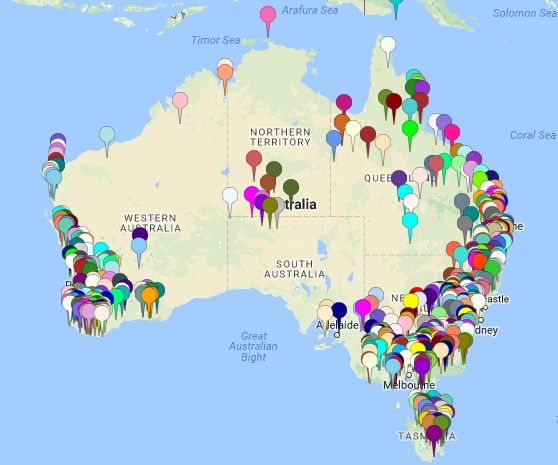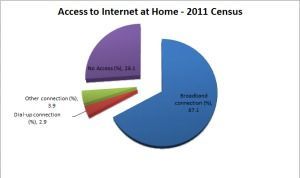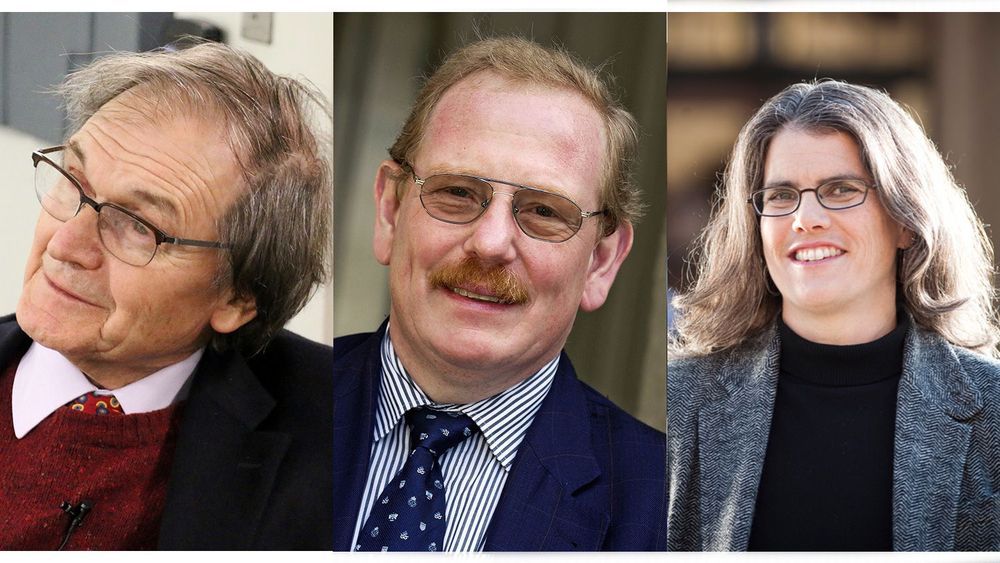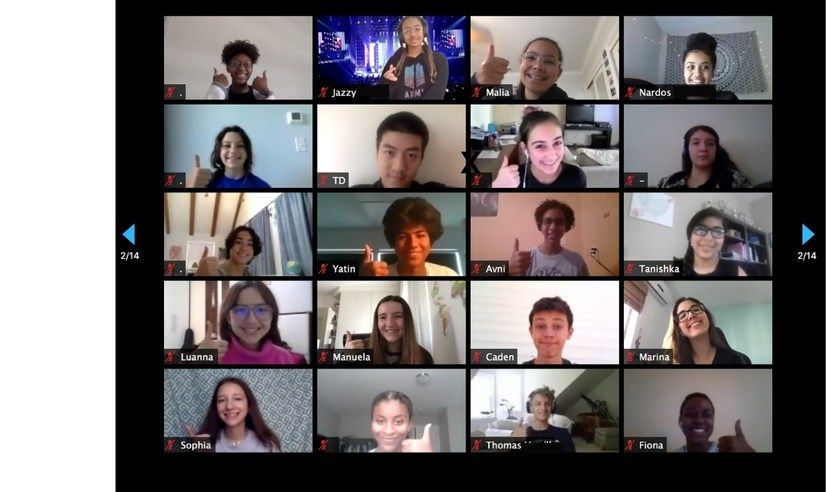Negotiations are a central part of many human interactions, ranging from business discussions and legal proceedings to conversations with vendors at local markets. Researchers specialized in economics, psychology, and more recently, computer science have conducted several studies aimed at better understanding how humans negotiate with one another in the hope of shedding light on some of the dynamics of human decision-making and enabling the development of machines that can replicate these dynamics.
A research team at the University of Southern California has been exploring the possibility of building automated systems that can negotiate with humans. In a paper pre-published on arXiv and set to be presented at the IJCAI conference, they presented a virtual agent based on a framework called IAGO (Interactive Arbitration Guide Online), which can negotiate with humans in a three-round negotiation task. This virtual agent, called Pilot, is one of the finalists of the IJCAI conference’s global negotiation challenge (ANAC).
“Recently, researchers realized the potential applications of building automated systems that can negotiate with humans,” Kushal Chawla, one of the researchers who carried out the study, told TechXplore. “These intelligent assistants can be really useful to augment current techniques for training people to have stronger social skills. Examples include teaching business students to negotiate for successful deals or lawyers to accurately assess settlement rates in legal proceedings.”






